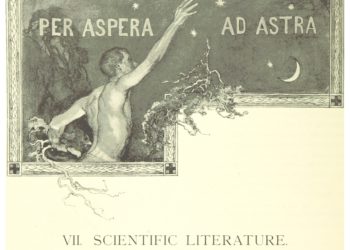The video below offers a fairly charming history of Cell Theory, basically the idea that living things are made up of cells and that cells come from pre-existing cells. I’m not sure why the video describes the course of discovery as “weird” and “wacky”, but what strikes me in particular is that the human foibles involved seem all too familiar. Hooke feuded with Newton, Schleiden feuded with Schwann. To this day we decry the involvement of personalities in science, which we want to be completely objective and somehow above being influenced by human nature, cliques and hurt feelings. Plus ça change, plus c’est la même chose.
Discussion
2 Thoughts on "Cell Theory and the Feuds Behind It"
Great video, that is trying to make science interesting by encouraging students to approach it historically. And portraying it as a feud between big egos is a well-established marketing practice that works. Watson began his account of the discovery of DNA structure with “I have never seen Francis Crick in a modest mood.” Sadly, some students will come to believe that this is the norm, rather than the exception, and will be deterred from studying further. Others might relish the prospect of future fights! But all this makes it easier for demagogues to downplay scientific expertise, …
David, thank you for pointing out this video. My work is teaching, but not in classrooms or anywhere near college campuses. I teach history to the executives and boards of private corporations. History of science interests most of them greatly. Videos like this one help me get these executives out of the textbook views of science. Almost all of which are incorrect. Science as fully human and historical effort is difficult to explain. For simplicity and ease of explanation, the textbook versions, while incorrect still often are preferred by busy executives.
I would change the video in at least two ways. These scientists did not discover cells. Rather, they invented them. The real work of scientists in taking all sorts of direct and indirect, often vague, and conflicting observations, and arranging them to invent something new is obscured and demeaned by the word “discovered.” Also, it isn’t weird that scientists are all the same things as other humans – arrogant and conceited, kind and forgiving, passionate and stubborn. Scientists arranging observations and arriving at a common invention is what distinguishes science. And science is based on ignorance, a notion that did not exist before about 1500 in Europe. But existed much earlier in China and Persia, and at least 500 years earlier in Muslim regions. This is the history I want the executives to walk away with.


